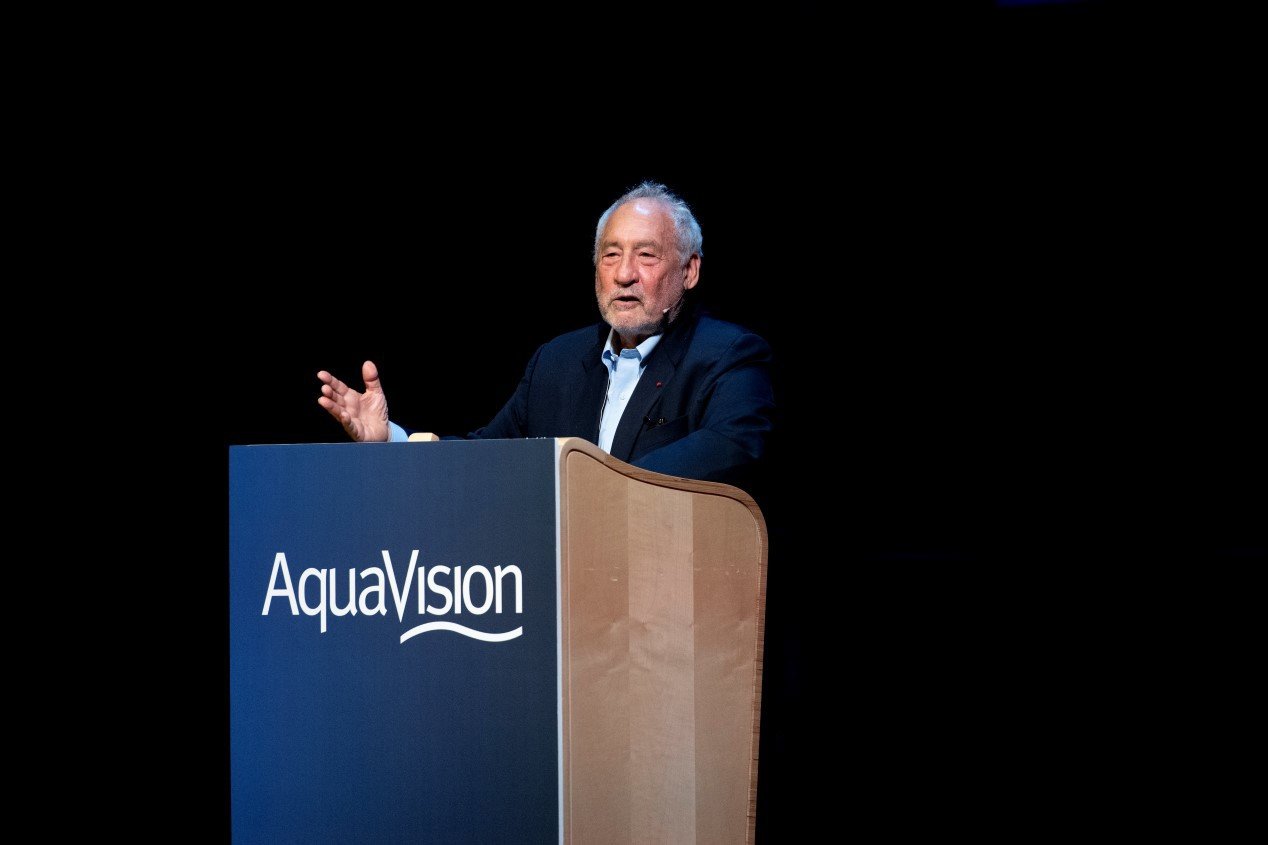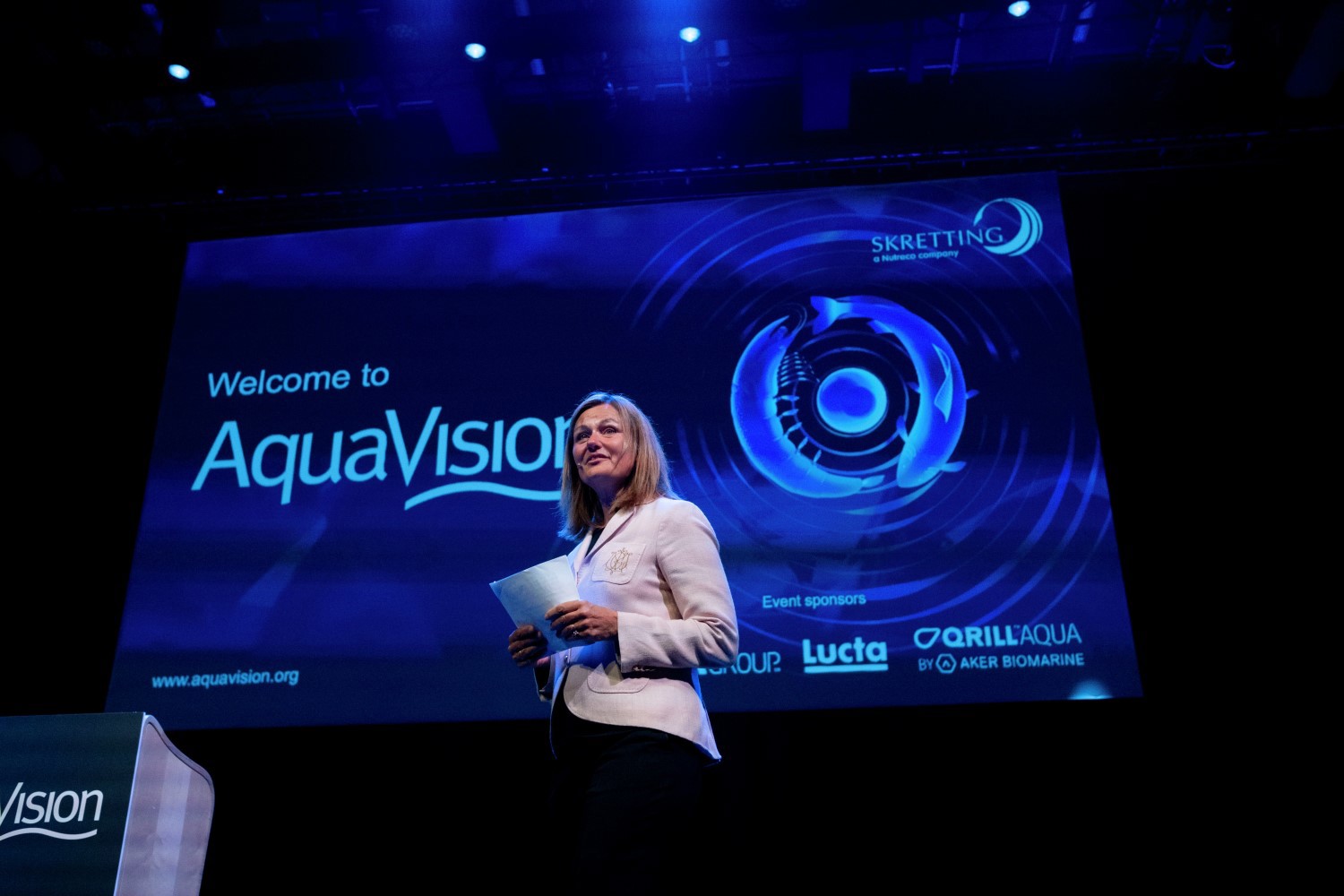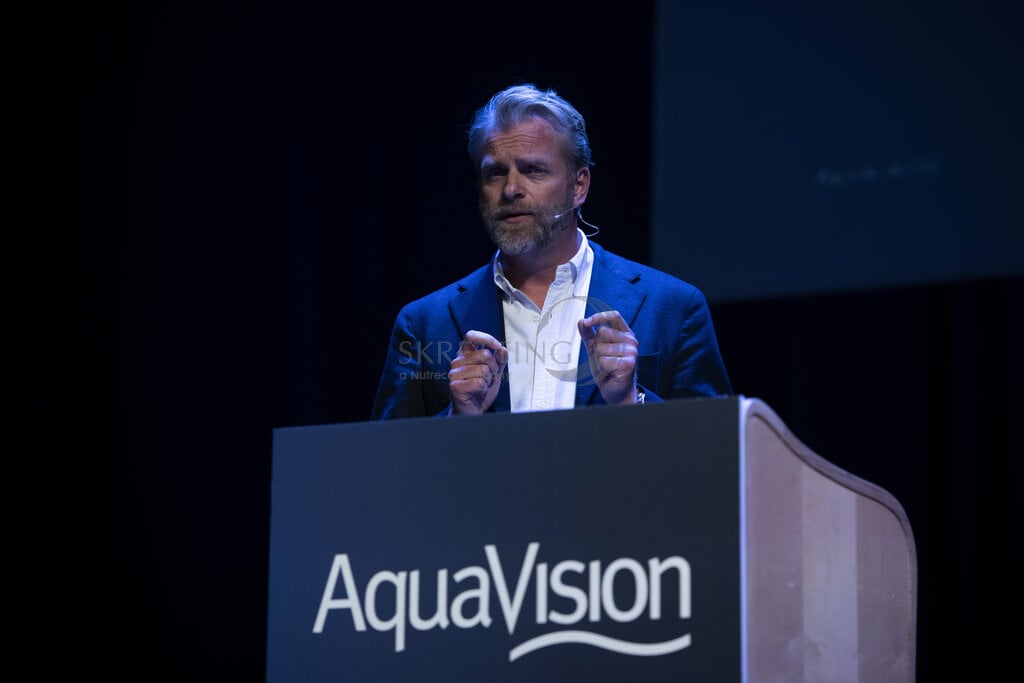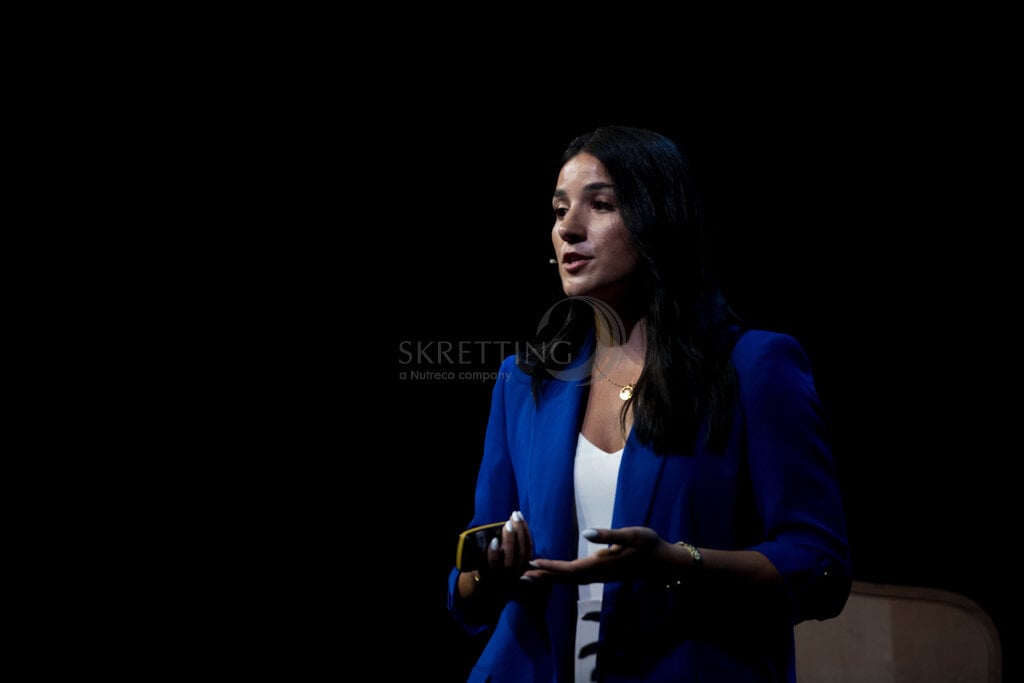Food is essential to human life and as a product it must be provided to consumers in a stable and resilient way, delegates heard at AquaVision 2022.
Joseph Stiglitz at AquaVision: “We need to respect our planetary boundaries”

Delivering the Keynote Address at the 14th edition of the global aquaculture business conference organised by Skretting and held in Stavanger, Norway, Nobel Prize winning economist Professor Joseph Stiglitz, said that some of the main sources of the global food supply have not lived up to this fundamental requirement.
“We are entering a period of increased complexity, where achieving that stability and resilience is going to be more difficult and so there needs to be a greater focus on risk management than may have been the case in the past.”
Stiglitz added that with regards to sustainability and establishing responsible food production, there’s also now a much greater emphasis on operating within safe environmental limits.
“Over the years we have become more and more aware of those planetary boundaries. We have to learn to live with and respect them,” he said.
Over the years we have become more and more aware of those planetary boundaries. We have to learn to live with and respect them
Recognising that while society is in the midst of an unprecedented period of turbulence, with the COVID pandemic being quickly followed by the ongoing conflict in Ukraine, and markets everywhere experiencing very high food prices as a direct result, Stiglitz believes there shouldn’t be any problems regarding the actual supply of foodstuffs.
“Over recent decades the problem has been oversupply, with a major part of economic policy by governments in the United States and Europe to curtail the production of food and to get farmers not to grow,” he said, adding, “We have the capacity to produce much more.”
Stiglitz also maintained that not producing food sustainably would bring financial consequences, even in those instances where it comes with additional costs.
“If we don’t commit to be green there will be an effect on climate change and that will make food more expensive. Our society is going to pay the cost one way or another – we need to take actions early and prevent what will happen if we don’t.”
He also warned that there are serious problems with regards to distribution, as well as the form of food production and consumption. Whereas Europe and America have huge potential to produce more, Africa will have problems.
Where food is and where people have the capacity to pay for it is the issue, he said.
At this moment in time, with these kinds of food price increases coming on top of the pandemic, we can expect an even more turbulent time than we have just gone through in the last two years
There’s also likely to be more market turmoil in the short-term.
“Historically, food shortages and high prices have led to increased volatility and political unrest. And at this moment in time, with these kinds of food price increases coming on top of the pandemic, we can expect an even more turbulent time than we have just gone through in the last two years.”
That said, Stiglitz remains “very optimistic” for the longer-term future of food, not least because of the great advances in science and technology.
“We’ve seen it with renewable energy, and we are going to see it in food production with improved efficiencies.
“There are also going to be important changes in what we consume. We see the trends. My students, for example, are increasingly moving from meat to fish, to vegetarian and to vegan,” he said.


